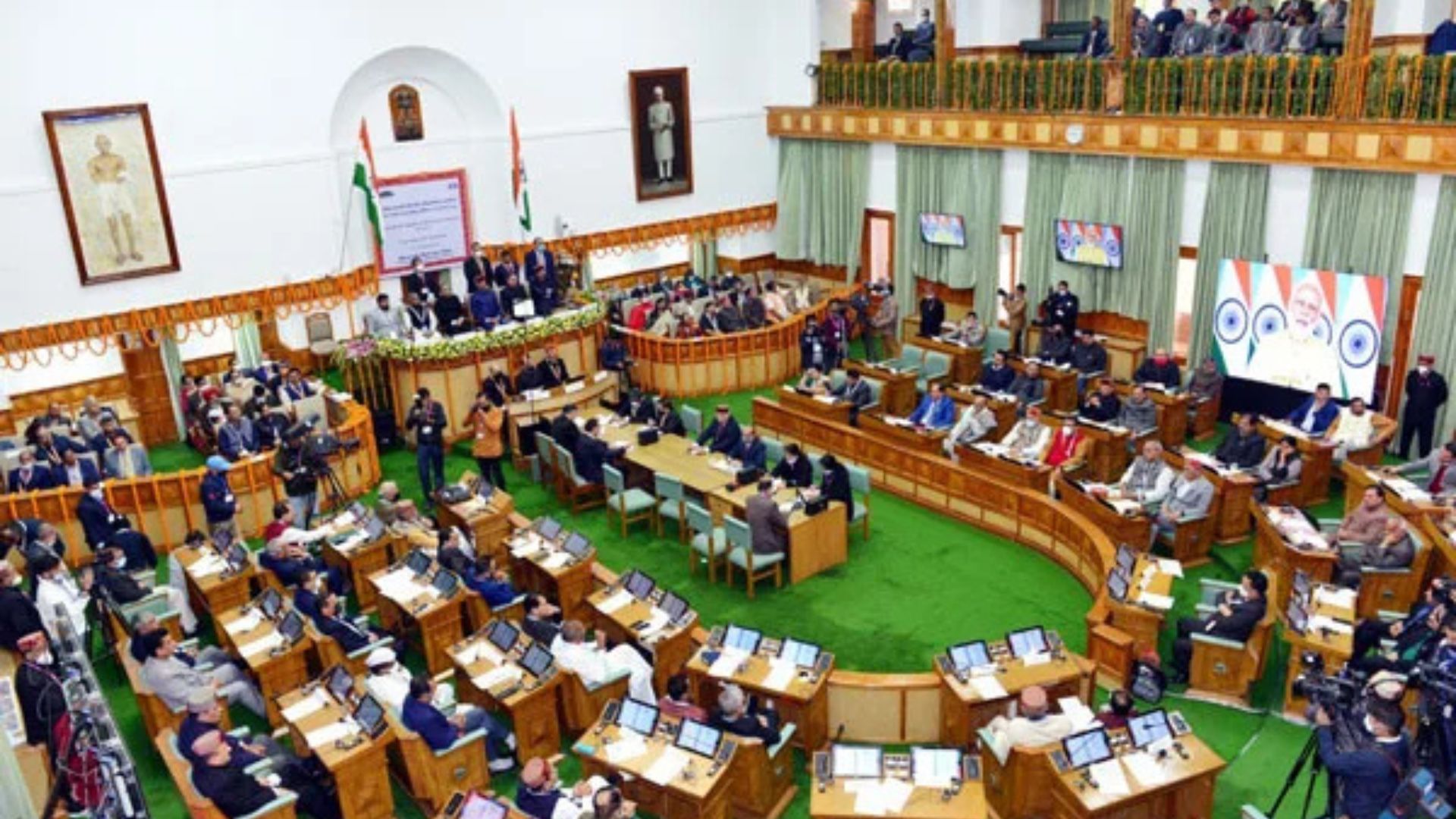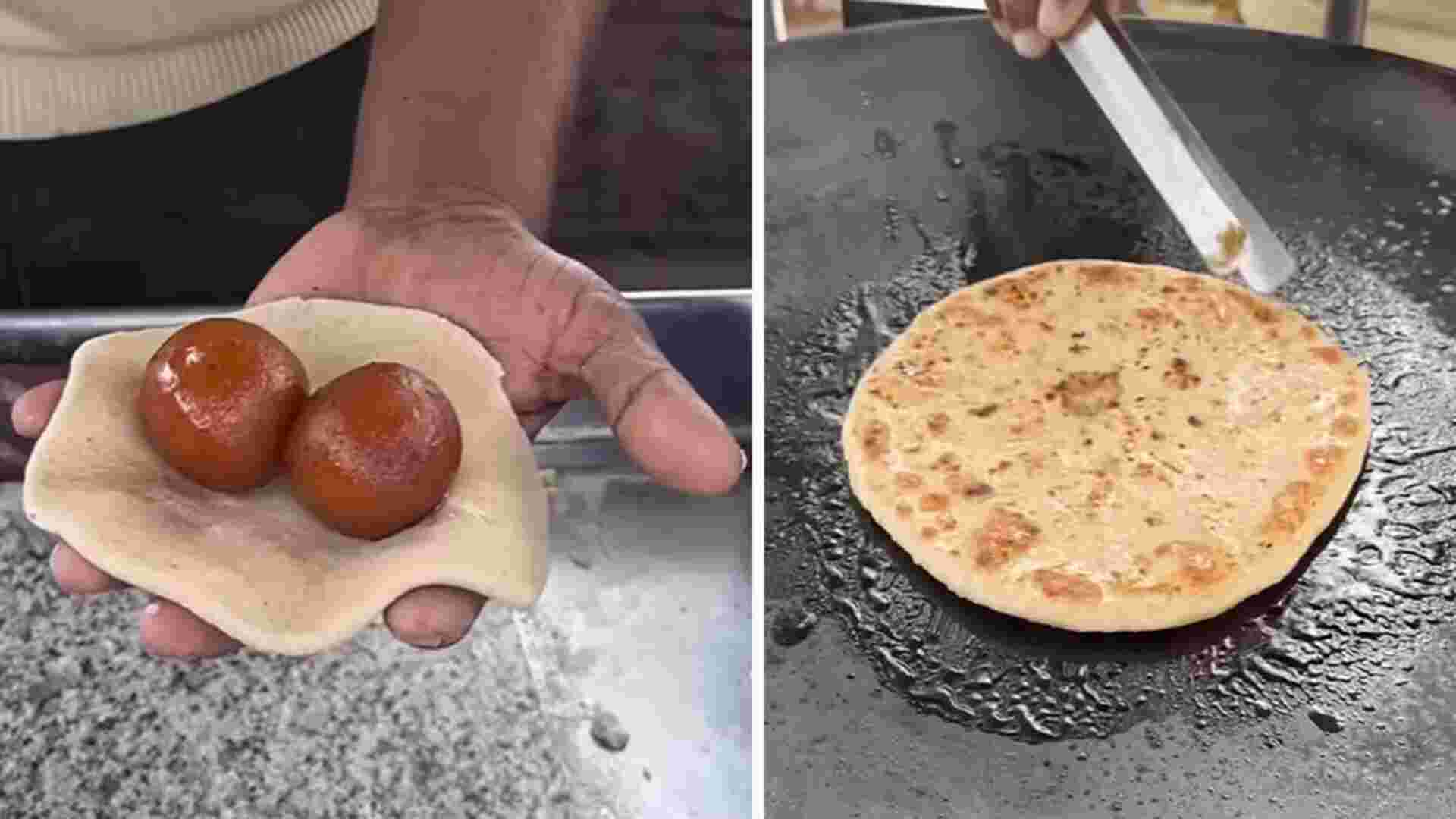
The Supreme Court in the case Maheshwari Yadav vs. The State of Bihar observed and has opined that that withholding witnesses from the court does not always mean that an ‘adverse inference’ can be drawn against the prosecution.
The bench comprising of Justice Abhay S. Oka and Justice Pankaj Mithal in the case observed and has stated that it is not axiomatic that in every case where the eyewitnesses are withheld from the court, an adverse inference must be drawn against the prosecution. Thus, the totality of the circumstances must be considered for concluding whether an adverse inference could be drawn.
The court while addressing the issue of eyewitnesses being the close relatives of the deceased held that there being no such ground to discard their testimony.
However, the evidence of them may require closer scrutiny and after having made closer scrutiny, the Court found their version to be of a very sterling quality.
Further, the court opined that when independent witnesses are available who are not connected with the rival parties, and the prosecution omits to examine them by confining its case to examining related witnesses, an adverse inference can undoubtedly be drawn against the prosecution and when the evidence of the eyewitnesses is of sterling quality, an adverse inference need not be drawn. Thus, quality is more important than quantity.
In the present case, the court convicted three accused persons of killing the deceased and assaulting prosecution witnesses. Thus, the main accused, who shot the bullet at the deceased, was convicted under Section 302 of the Indian Penal Code, IPC.
However, the court convicted other two persons i.e., the appellants for the same provision read with Section 34 of the IPC. Thus, the appellants preferred separate appeals and accused No. 3 before the Patna High Court. The court dismissed the same.
The said matter travelled to the Apex Court and it may be noted that the appeal preferred by the accused no. 3 was already dismissed.
The court noted that accused No. 3 was charged only under Section 302 of the IPC, and Section 34 was not applied and the same was applied only to the present appellants.
The court stated that one of the questions for consideration before the Court was when the main accused, who had inflicted fatal injuries on the deceased, was not charged with Section 34 of the IPC, whether the conviction of appellants can be sustained.
Adding to it, the court stated that where the offence is punishable under Section 302 of IPC, when the common intention is proved, but no overt act of assaulting the deceased is attributed to the accused who have been implicated based on Section 34, vicarious liability under Section 34 will be attracted.
It has also been opined by the said court that to convict accused No. 3, the application of Section 34 was unnecessary. However, Section 34 was required to punish the appellants as they shared common intention with accused No. 3.
Further, the court explained that to bring a case within Section 34, it is not necessary to prove prior conspiracy or premeditation. It is possible to form a common intention just before or during the occurrence.
The court in the case observed and has upheld that the sentence of them to surrender before the Trial Court.
It has also been mentioned by the court that when the appellants qualify for consideration for a grant of permanent remission, their case can be considered by the State Government. Thus, the same shall be per the applicable remission policy.














